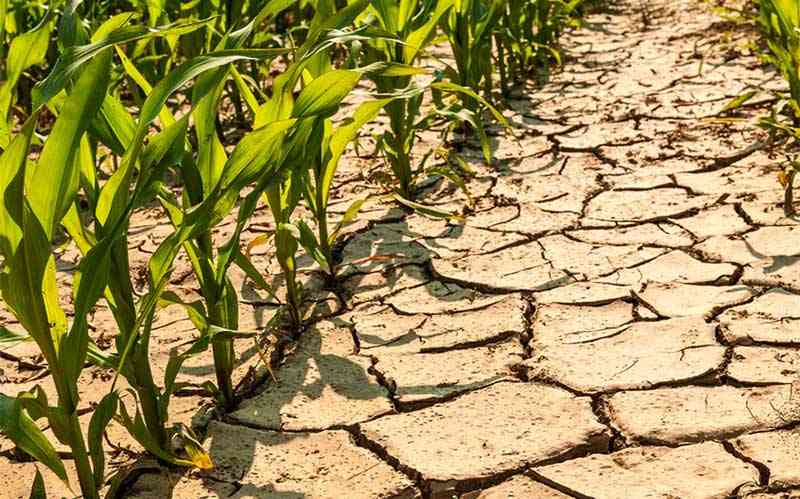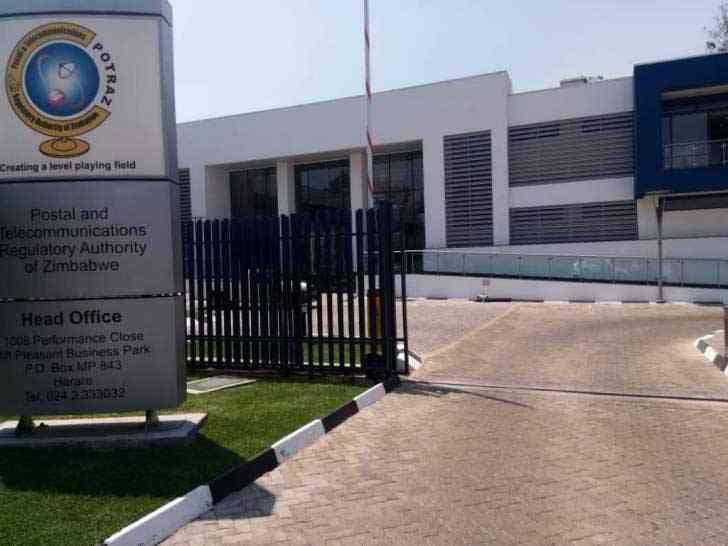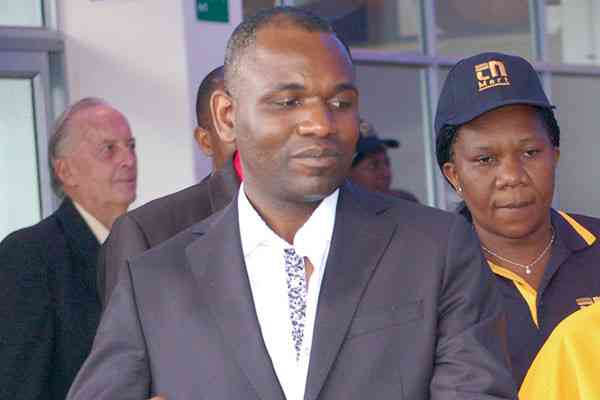
Globally, the nations are raising increasingly deep concerns on the crises of biodiversity loss and climate change. Both are devastating effects to human life and the continual existence of all species on the earth.
Recently at the Kunming-Montreal Agreement held in December 2022, countries agreed to commit to the reduction of biodiversity loss by 30%.
Over the years, quite a number of targets and goals have been set on corporate platforms to combat the two. I, however, keep observing that all these aspirations seem to overlook a key component which is the “Local Community” residing within or near the wildlife conservation areas.
Majority of the biodiversity in Africa is not found within the towns or peripheries but within the outskirts and remote areas where the low-income members of the society live.
A significant number of these societies hold deep attachments to these areas in which they live, in addition, after the Covid-19 pandemic the incentives of migrating to the urban towns for employment and opportunities have severely diminished. The local community, by right and ethics are the true custodians of the biodiversity rich areas however not much is being committed to equip them and to provide them an economic edge for their existence and managing of Africa’s natural resources.
Without the buy-in of local communities, global conventions will not achieve the set of targets within the specified timelines.
Ten years ago, I had my internship at Hwange National Park, the biggest nature conservancy in Zimbabwe with an undeniable wealth of biodiversity inclusive of endangered species. Assisting in Practical learning and scientific field activities for experts from the CNRS, Lion Research, Leopard Research the national Parks and Wildlife Department. Quite a lot of commendable work was being done including the drilling of boreholes for setting up waterholes (small dams) for elephants in particular and other game to secure water for drinking.
Sustainability subject matters should be well known to these communities as they survive within these environments and their
- Communities and wildlife conservation
Keep Reading
trends of thought should also become modern and up-to-date with the modern world incorporating indigenous knowledge systems in the designs and specifications.
The effects of climate change had become rife within the conservancy as the drought prolonged and the elephants had to migrate as far as Botswana in search of water. The Wildlife Protection Ranger Units worked well in collaboration with the local communities in controlling poaching and on information sharing.
Within these areas, there are rife illegal activities such as poaching and dehorning of elephants and rhinos; most of the explanations from the local communities were attributed to
poverty, lack of jobs and the conflicts arising from the wildlife which destroys their crops. Veld fires were also a huge disaster as some poachers would light up fires for warmth at strategic points during the night, others would light up fires so as to easily capture game during hunting.
Understanding local community involvement
Due to the global economic crises, most African communities situated within such areas are struggling to make ends meet as most are employed in eco-safari related jobs as waters, game rangers and tour guides. Most have families to feed, hence their hunger has a direct correlation to the conservation of biodiversity and combating climate change.
I would suggest that the leading conservation organizations and programmes do take into consideration building capacity, financing and assisting in promoting local community-based enterprise incentives, projects and concepts which are practical to each area. In addition, to also provide strategic market linkages to Europe, Asia and other continents for relatable local enterprise projects such as honey as part of efforts of promoting biodiversity conservation and a healthy global climate agenda. Green and Progressive organizations may also consider to support the local communities by providing legal advice in the negotiating and facilitating of enterprise and commercial eco-friendly initiatives being conducted in these areas; to allow access to markets, finance and exposure to community-private sector partnerships.
Higher global commitments and investments do not always guarantee biodiversity protection, much of the aid should be directly channeled to build capacity, assist and support innovation of local communities which are involved in conservation initiatives within the areas which they reside in.
The nature tech hubs and organizations from the developed countries should also be situated within the areas which they want to make an impact on and provide solutions.
There should also be consideration of an aspect of the establishment and promotion of commercial sports and socially productive activities both as leisure and incentivised which provide an economic benefit to communities; as an effort to reduce anti-social behaviors such as game poaching and selling firewood for survival.
Above all, there is a serious need to support innovation and build capacity within the sensitive biodiversity areas of interest if the global targets, goals and frameworks which are setup by institutions are to be achieved within the realized timelines.
International Conservation organizations should also commit to construct research, enterprise, conservation and green-tech vocational institutions within such areas so as to encourage more practical involvement and the educating of local community children in the various technologies such as Geographical
Information Systems, drone technologies amongst other new inventions.
Sustainability subject matters should be well known to these communities as they survive within these environments and their trends of thought should also become modern and up-to-date with the modern world incorporating indigenous knowledge systems in the designs and specifications.
Tichakunda Kudzai Maposa is an emerging Natural Resources and Environmental Professional with regional African experience from Rwanda, Zambia, Zimbabwe and South Africa. He may be contacted on [email protected]
Maposa is an emerging Natural resources and Environmental Professional with regional African experience from Rwanda, Zambia, Zimbabwe and South Africa. — [email protected].











